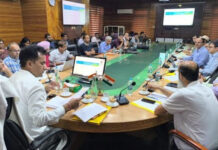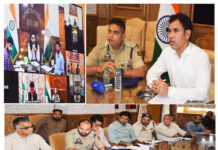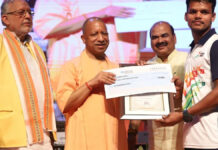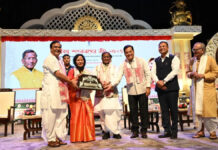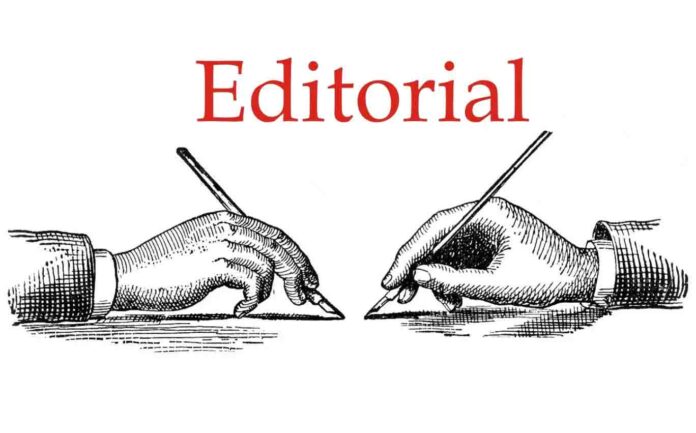The recent all-party meeting convened in the wake of the barbaric terrorist attack in Pahalgam should have been an occasion of unity, where political differences were set aside in the interest of national solidarity. Instead, it exposed a disturbing trend of placing party agendas above national security. The incident that sparked this discourse—a social media post from Congress suggesting the Prime Minister was “missing” during a time of crisis—was both unfortunate and irresponsible. The BJP rightly pointed out that such rhetoric only serves to weaken national morale and embolden enemies. Rather than focusing on the tragedy and ensuring a united response, opposition parties appeared more invested in political point-scoring. It is concerning that at a time when the country should have been sending a clear and united message to the world and its adversaries, domestic political forces chose to engage in finger-pointing and blame games. What message does this convey to our armed forces, who are defending our borders with utmost sacrifice? What does it tell our citizens, who look to leadership in moments of crisis? And perhaps more critically, what impression does it leave on the international community regarding India’s internal resolve and political maturity? The negative political climate created by such statements must not be overlooked. Several Congress leaders made statements suggesting India must not escalate tensions with Pakistan and that there is no need for war. However, at a time when innocent lives have been lost to terrorism, was this really the right moment to discuss restraint, or to bring religion into the narrative? It is fortunate that the Congress ultimately realized the gravity of its actions and withdrew the post. But can the damage be undone so easily? Congress had earlier demanded a special parliamentary session over the attack, but the manner in which it attempted to corner the government raises doubts about the sincerity of that demand. Moving forward, it is essential that political parties demonstrate restraint and maturity. In parliamentary forums, debate must be constructive and prioritize the national interest. The world must see a strong and united India that rises above internal divides during times of crisis. For this to happen, every political party must first hold itself accountable and lead by example. If leaders themselves fail to prioritize the nation above party lines, how can they expect their followers to do so?

Dogra Herald is the media of J & K, breaking language and geographical barriers, connecting J & K to the rest of India.
0191 245 4946
info@dograherald.com
Latest articles
Yoga to be introduced in senior secondary schools in HP: Education Minister
iamjkstarr - 0
Yoga will be introduced as a separate subject for study in government senior secondary schools in Himachal Pradesh, Education Minister Suresh Bhardwaj told the...
USTR Greer to visit South Korea for trade talks this week
AGENCYnew delhi, MAY 12US Trade Representative (USTR) Jamieson Greer plans to visit South Korea this week for talks on the US new...
Israel says it bombed Hezbollah arms depots in Lebanon, group says it hit back
Tel aviv, Aug 21The Israeli military said on Wednesday it had bombed Hezbollah weapons storage facilities in Lebanon's Bekaa Valley overnight, and...

